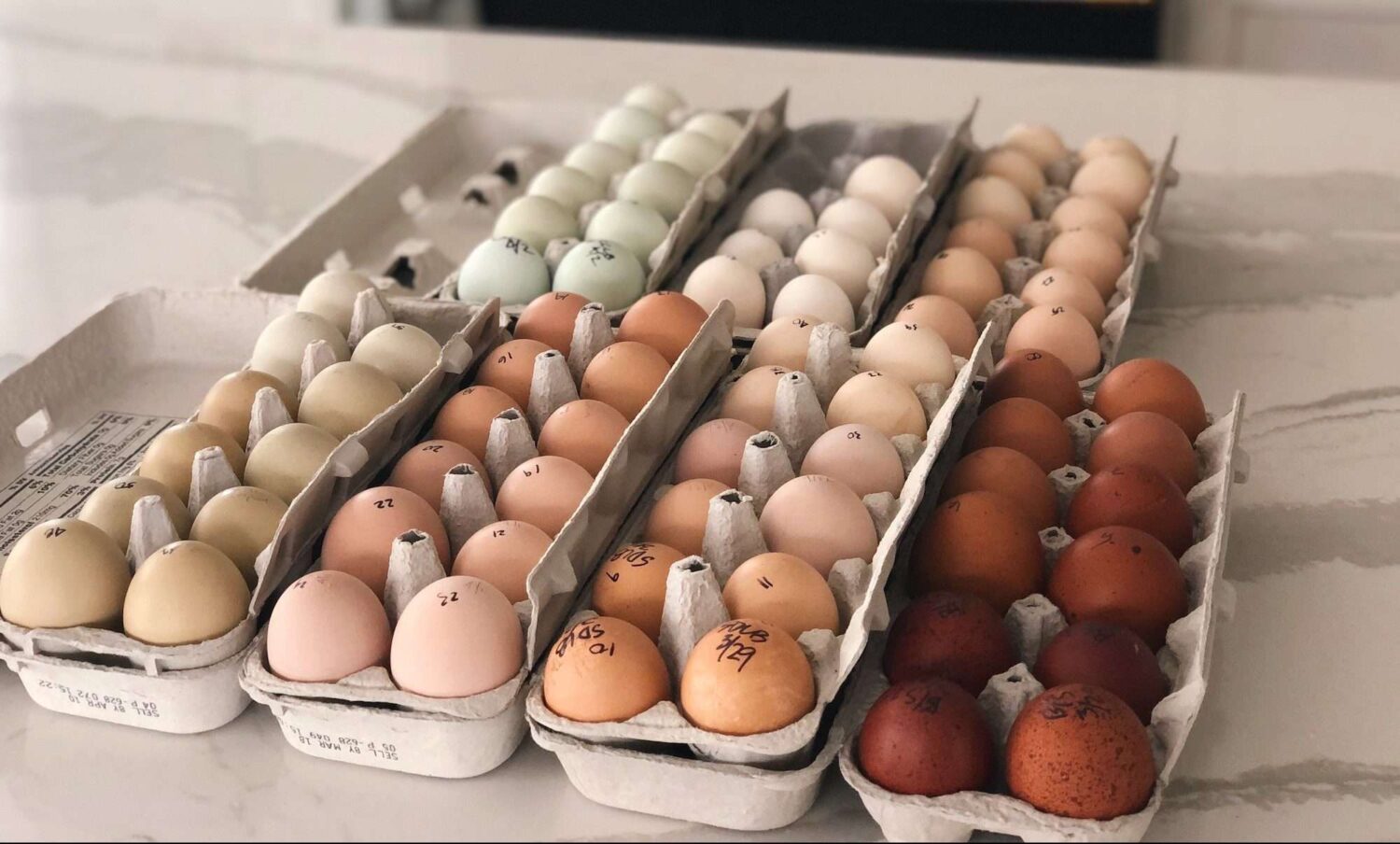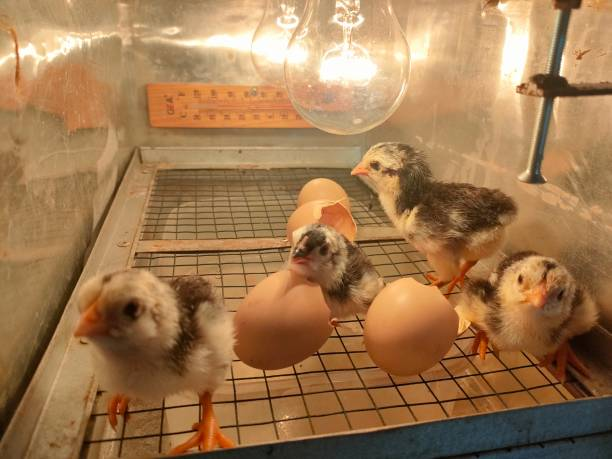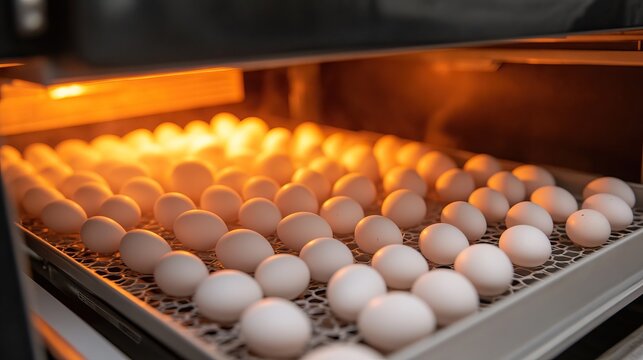Starting a journey in poultry farming can be both exciting and daunting. One of the most crucial tools you’ll need is the best chicken incubator for beginners. An incubator is essential for hatching eggs successfully, providing the right temperature and humidity conditions crucial for embryo development. In this guide, we’ll explore everything you need to know about choosing the perfect incubator for your needs.

Why Choose an Incubator?
For aspiring poultry farmers, understanding the importance of an incubator is key. An incubator mimics the conditions under which eggs are naturally hatched by a hen. This controlled environment is vital for ensuring a high hatch rate. With the best chicken incubator for beginners, you can improve your chances of successfully raising healthy chicks.
Factors to Consider When Choosing an Incubator
Size and Capacity
The first thing to consider is the size and capacity of the incubator. Depending on your goals, you may want one that can handle a large number of eggs or just a few. Beginners should start with a small to medium-sized incubator to manage the process more easily.
Temperature Control
Temperature control is crucial in the incubation process. A reliable incubator should maintain a steady temperature, usually around 99.5F. Look for models with digital temperature displays for precise monitoring.
Humidity Regulation
Humidity is another critical factor. The best incubators will have built-in hygrometers to monitor humidity levels, ensuring they stay within the optimal range of 40-50% for the first 18 days and 65-75% during the last three days.
Automatic Egg Turning
A feature that many beginners find helpful is automatic egg turning. This mimics the natural process of a hen turning her eggs and prevents the embryo from sticking to the shell.
Top Brands for Beginner Incubators
Brinsea
Brinsea is a well-known brand offering incubators that are both reliable and easy to use. Their products often feature advanced controls and sturdy construction.
Harris Farms
Harris Farms provides affordable options for beginners, with models that include essential features like automatic turning and digital displays.
Incubator Warehouse
Incubator Warehouse offers a range of incubators suitable for all levels. Their beginner-friendly models come with comprehensive guides to help you get started.
Setting Up Your Incubator
Once you’ve chosen the best chicken incubator for beginners, setting it up correctly is crucial. Follow these steps for a successful incubation process:
Placement
Place your incubator in a stable, temperature-controlled environment, away from direct sunlight and drafts.
Calibrating Temperature and Humidity
Before adding eggs, ensure the temperature and humidity settings are correct. Allow the incubator to run for a few hours to stabilize.
Adding Eggs
Carefully place the eggs inside the incubator, ensuring they are evenly spaced and the pointy end is slightly lower than the blunt end.
Monitoring Progress
Regularly check the temperature and humidity levels. Keep an eye out for any fluctuations and adjust as necessary.
Common Mistakes to Avoid
Even with the best chicken incubator for beginners, mistakes can happen. Avoid these common pitfalls:
Incorrect Temperature
Ensure your incubator maintains the correct temperature. Too high or too low can affect hatch rates.
Improper Humidity Levels
Monitor humidity closely, especially during the final days of incubation. Incorrect levels can lead to hatching complications.
Lack of Monitoring
Regularly monitor your incubator to catch any issues early. Consistent checks can make a significant difference in the outcome.

Frequently Asked Questions
How long does it take to hatch chicken eggs?
Chicken eggs typically take 21 days to hatch. Ensure your incubator is set up correctly to support this process.
Can I open the incubator during incubation?
It’s best to avoid opening the incubator frequently, as this can cause temperature and humidity fluctuations. If necessary, do so quickly and carefully.
What should I do if an egg doesn’t hatch?
Not all eggs will hatch. If an egg hasn’t hatched after 24-48 hours past the expected time, it may be non-viable.
For further guidance on incubation and poultry care, you can visit this resource. To enhance your poultry farming knowledge, explore more about cleaning chicken coops and herbs for chickens.
This article contains affiliate links. We may earn a commission at no extra cost to you.











